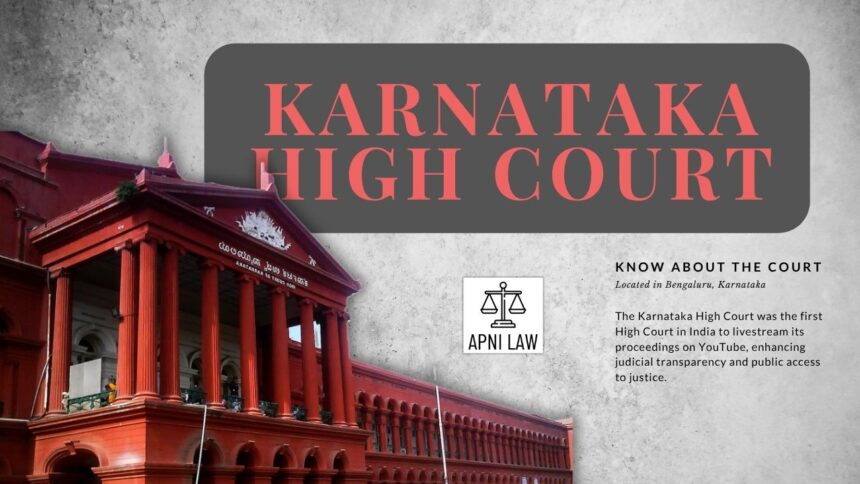Introduction
The Karnataka High Court made a significant decision by quashing a rape FIR filed against a man who met the complainant via the dating app Bumble. The court held that the relationship between the parties was consensual and therefore could not be treated as an offence under criminal law. This ruling clarifies the distinction between consensual relationships and legally cognisable offences of sexual violence.
Case Background
In the case titled Sampras Anthony v. State of Karnataka & Anr. (WRIT Petition No. 31144 of 2024), the complainant and the petitioner connected online through the Bumble app and subsequently exchanged images and messages on Instagram. On 11 August 2024, they met in person for a meal and later went to a hotel where the complainant and petitioner engaged in physical intimacy. The next day the petitioner dropped the complainant back to her residence. The following day, the complainant allegedly got herself medically examined and then lodged a complaint for sexual assault. The police registered an FIR and filed a charge sheet under the offence of rape.
What the Court Decided
Justice M. Nagaprasanna, while allowing the petition, held that from the contents of the complaint and the charge-sheet summary it was clear that the acts between the parties were consensual. He noted that the chats between the petitioner and the complainant indicated mutual volition. The court emphasised that consensual sexual relations, albeit followed by a breach of trust or disappointment, cannot be converted into the offence of rape simply because the relationship terminated. As the court observed: “A relationship born of mutual volition, even if it founders in disappointment, cannot, save in clearest of cases, be transmuted into an offence under the criminal law.”
The court also flagged that allowing the case to proceed would amount to an abuse of the legal process and a potential miscarriage of justice, given the lack of credible evidence of force, coercion or deceit from the beginning.
Implications
This judgment carries important implications for criminal law and relationships initiated via dating apps. It underscores that adult consensual sexual relationships, even if later regretted or terminated, do not automatically equate to rape under Section 376 of the Indian Penal Code, unless there is clear evidence of coercion, force or a false promise of marriage from the outset. Legal practitioners and potential complainants should note that the courts will examine the factual matrix closely, especially communications, chronology and consent.
The decision also signals to law-enforcement and prosecutors that cases involving participants who voluntarily meet online, spend time together, and engage in consensual intimacy must be carefully reviewed before invoking rape statutes. It further alerts dating app users to the legal risks of entering into relationships under false promises or misrepresentations.
Conclusion
In the case of Sampras Anthony, the Karnataka High Court reaffirmed the fundamental principle that consensual relationships cannot be criminalised as rape merely because they later break down. The ruling protects individual autonomy in intimate relationships while maintaining that misuse of criminal provisions in the guise of failed romance will not be permitted. This decision reinforces judicial caution in converting consensual relationships into offences without responsible evidence and legal foundation.






